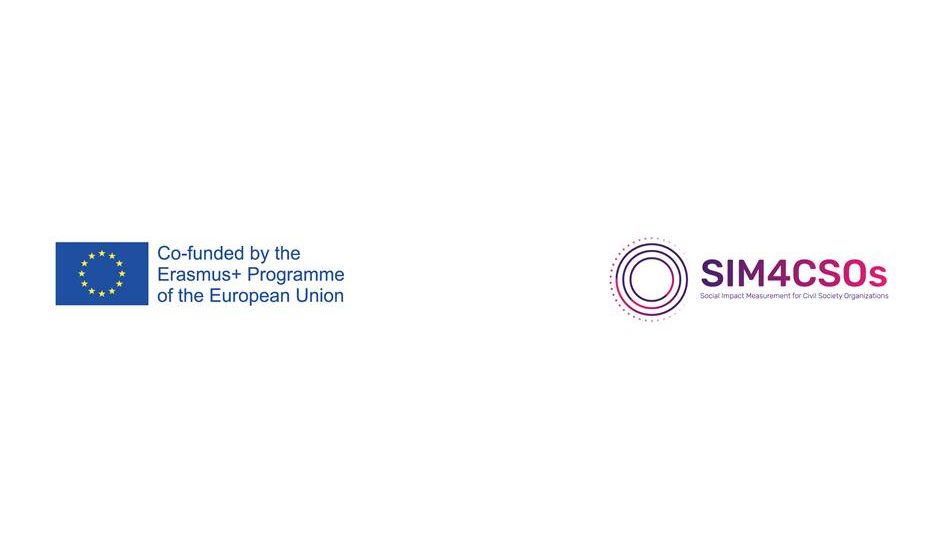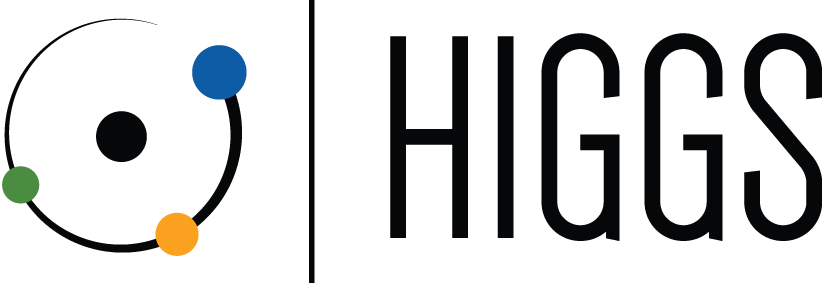
Erasmus+ Project: Social Impact Measurement for Civil Society Organizations
The project intends to empower the operation of non-profits within Civil Society by enhancing their effectiveness, transparency and governance through application of social impact measurement methods. In Europe, the creation of a large number of non-profits which are involved in the provision of a wide range of social activities is noticed. This trend is not accompanied by systematic practices/tools of transparency, accountability and evaluation. As a result, people tend not to truly trust non-profits, consequently, they cannot prove or measure systematically in a really objective way their social impact. A common methodology and approach should be agreed upon which all nonprofits could apply.
SIM4CSOs promotes the development of a comprehensive training material delivered through an interactive online platform that enhances the knowledge required for the design and the implementation of a social impact measurement system. This material includes a manual and a training activity specially designed for staff working in the Third Sector aiming in identifying the gaps in their knowledge, providing them with the skills required and enabling them to measure their social impact.
In addition, the project brings together different sets of stakeholders (foundations, academic institutions and researchers, state officials, representatives of CSR departments, social entrepreneurs etc) through a co-creation process that enhances interactions and potential partnerships between relevant parties. By enhancing the processes of measuring the impact of CSOs activities SIM4CSOs strengthens existing and future cooperation arrangements as their work can be better assessed and connected with the outcomes envisaged by Third Sector other stakeholders.
This project aims at creating a Comprehensive Manual of measuring social impact that will enhance CSOs position and will assist them not only to become truly effective and efficient but enable them to prove it as well. In addition, this manual will be used by the people who work in the CSOs in order to enable them to elevate their work in terms of measuring their activities’ impact.
There is a skills gap created by a series of facts:
-it reflects the weakness of civil society in Europe
-although there are acknowledged methodologies for measuring social impact, the staff from the CSOs cannot afford to be trained in these sophisticated and high-costed training
-there hasn’t been any systematic and organized attempt from the CSOs to do so.
In line with the ET2020/European Agenda for Adult Learning priorities and the Council Recommendation on Upskilling Pathways, the created platform will be used to improve the learning experience of adult learners by providing high-quality learning opportunities tailored to the needs of CSOs. A combination of different education and training pathways from around Europe will help adult learners adapt in a fast-changing world through acquiring and development of key competencies that will also foster employability, socio-education, personal development, participation in civic and social life. The project will take into account different sectors of CSOs activities as well as different local, regional and national environments while formulating the relevant methodology, thus generate a robust tool for measuring impact, not just but primarily, for the Third Sector as it evolves across Europe as a main engine of well-being.
The project is expected to have a positive impact on:
1. organisations’ staff, that will improve their:
– knowledge and skills in familiarizing and applying in their everyday working life the concept of measuring the impact of their activities/work
– skills in using digital tools;
– skills in planning, designing, and evaluating their work;
– motivation and skills to engage in international collaboration work with other CSOs staff in the field;
2. partners’ staff, that will improve their:
– awareness of planning, designing, and implementing in a methodology of measuring social impact;
– networking and cooperation with other partners’ staff.
3. Partners’ beneficiaries organizations, that will improve their:
– awareness as to the methodological aspects of measuring their social impact;
– understanding the benefits of applying the created tools for measuring their impact;
– cooperation prospects with peer organisations from different countries and sectors.
The project’s outputs and results will be disseminated in all levels by all partners according to the designed plan.
Coordinator: HIGGS
Partners:
- CSI CENTER FOR SOCIAL INNOVATION LTD – Cyprus
- OSLOMET – STORBYUNIVERSITETET – Norway
- MIDOT – REFLECTING AND RATING NPOS LTD. – Israel
- ACT GRUPA – Croatia
- CENTRUM EDUKACJI I BADAN SPOLECZNYCH (CEBS) – Poland
- CESIE – Italy
- INOVA+ – INNOVATION SERVICES, SA – Portugal

